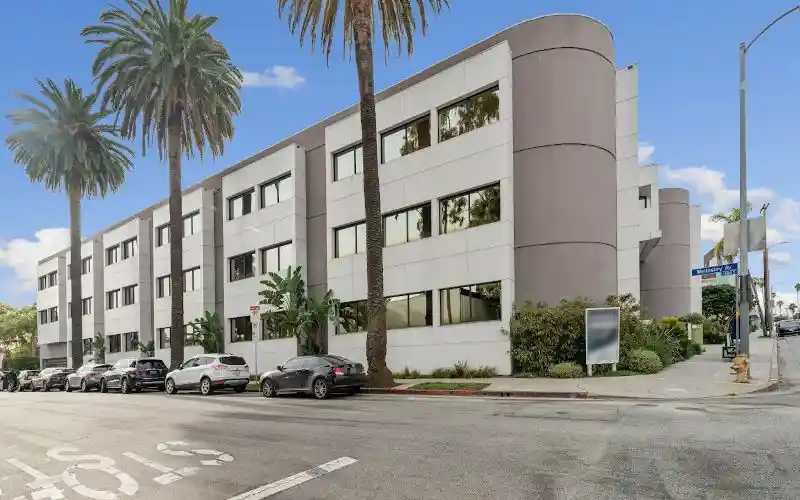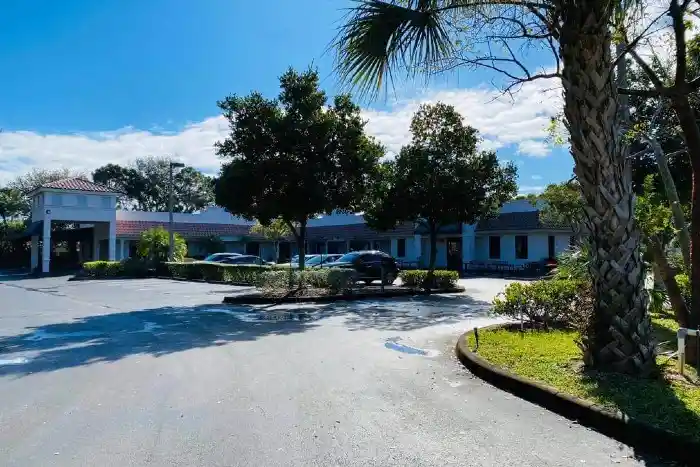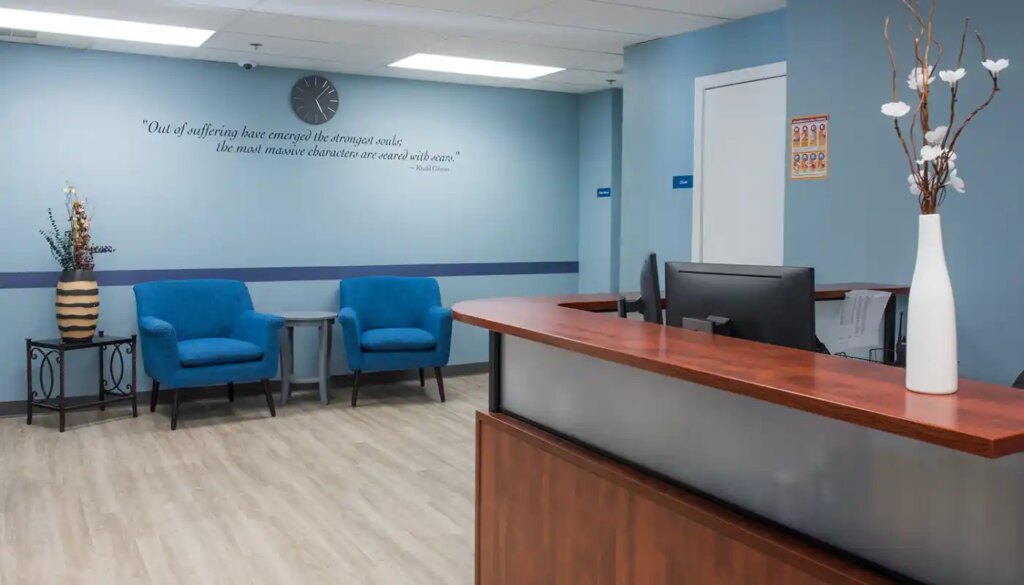








Opioid addiction is a chronic medical condition stemming from the brain’s response to the use of opioids. These substances can significantly alter the brain’s chemistry, leading to an increased dependence and a strong desire to keep using, despite the known harms. It’s not just about a lack of willpower; the brain’s structure and function can physically change with prolonged use.
Several factors contribute to an individual becoming addicted to opioids. These include the length of time someone has been using opioids, the dose they’ve been taking, the method they use to take the drug, and their overall physical condition. Socio-economic factors, family history of addiction, past trauma, and mental health disorders can also play pivotal roles in susceptibility to opioid addiction.
Opioids can produce drowsiness, confusion, nausea, constipation, and respiratory depression. Psychologically, opioids can result in euphoria, but they can also lead to a sense of apathy or feelings of isolation.
An opioid overdose can be fatal and presents as pinpoint pupils, unconsciousness, and slowed or stopped breathing. Immediate medical attention is crucial, as the respiratory depression can lead to a lack of oxygen, potentially resulting in brain damage or death.
Addiction manifests as increased tolerance (needing more of the drug for the same effect), using the drug even with adverse effects, and withdrawal symptoms when not using. Behavioral changes like isolating from loved ones, neglecting responsibilities, and an increased desire to use can also be signs.
Apart from physical signs like drowsiness or weight loss, behavioral changes such as social withdrawal, loss of interest in activities, financial troubles, and secretive behavior may be indicators of opioid addiction.
Regularly using opioids, especially in higher doses than prescribed or for non-medical reasons, significantly increases the risk of addiction. Also, a family history of substance abuse, personal history of mental health disorders, or using opioids at a young age can amplify this risk.
Some common street names include “Oxy” (for OxyContin), “Percs” (Percocet), “Vikes” (Vicodin), and “H” (Heroin). Being familiar with these terms can help in identifying potential misuse in conversations or texts.
Long-term use can lead to liver damage, brain damage due to hypoxia, and increased risk of infections among those who abuse the drug. Additionally, dependency can lead to an increased risk of overdose.
Opioid misuse can lead to a range of mental health issues, including depression, anxiety, and increased susceptibility to mood disorders. This can result in a vicious cycle where individuals use opioids as a way to self-medicate, further exacerbating the problem.
Addiction doesn’t just affect the individual; it creates ripples in their close-knit circles. Families can face financial strain, emotional distress, broken trust, and even legal troubles.
Genetics can make certain individuals more susceptible to opioid addiction. If a family member has struggled with addiction, one may be at an increased risk.
Environmental factors, such as early exposure to drugs, trauma, or a lack of family involvement, can increase the risk of developing an addiction.
Peer pressure, societal norms, and lack of access to education or job opportunities can drive an individual toward opioid misuse.
Stress and mental health challenges can make an individual vulnerable to opioid misuse as a way of self-medicating or coping. This can often lead to a worsening of mental health symptoms, perpetuating the cycle of addiction.
Opioid detox typically consists of three stages: early withdrawal, peak withdrawal, and late withdrawal. Symptoms range from anxiety and increased heart rate to nausea and muscle aches. It’s essential to navigate this under medical supervision.
The withdrawal process can be intense, with potential complications. Medications and therapy can help manage symptoms and prevent relapse during this vulnerable period.
CBT can equip individuals with the necessary tools to address the triggers and behaviors associated with opioid misuse. It focuses on recognizing harmful patterns and developing coping strategies.
Apart from CBT, therapies like contingency management, motivational enhancement therapy, and family counseling can be instrumental in treating opioid addiction.
Medications like Methadone, Buprenorphine, and Naltrexone can help reduce cravings and withdrawal symptoms, making the recovery process more manageable.
Medications can be a crucial part of the treatment plan, especially when combined with behavioral therapies. They can stabilize the individual and aid in long-term recovery.
Aftercare support, like group therapy or sober living homes, provides individuals with a continuous support system, crucial for preventing relapse and ensuring lasting sobriety.
Family involvement can be a pivotal factor in one’s recovery journey. They not only provide emotional support but also help reinforce positive behaviors and accountability.
Engaging in regular therapy, attending support group meetings, building a strong support system, and developing healthy coping mechanisms can be invaluable resources in maintaining sobriety
Opioid addiction is a complex issue that requires a multi-faceted approach for treatment. By understanding its roots, consequences, and the treatments available, individuals and their families can better navigate the challenging journey to recovery. Recent legal events may make general health professionals hesitant to take on opioid recovery. This is where a counselor or facility that specializes in recovery may help. The importance of a comprehensive understanding cannot be overstated; it empowers individuals to make informed decisions and leads to better outcomes in the battle against opioid addiction.